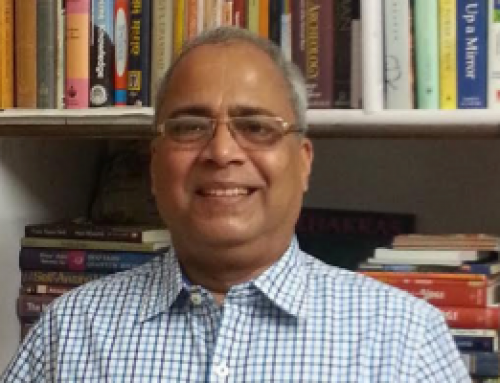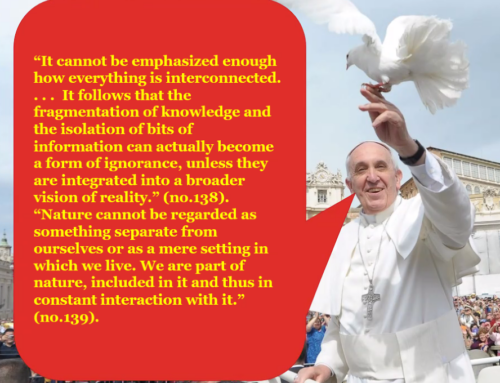Abstract
Neuropsychological research on the neural basis of behaviour generally posits that brain mechanisms will ultimately suffice to explain all psychologically described phenomena. This assumption stems from the idea that the brain is made up entirely of material particles and fields, and that all causal mechanisms relevant to neuroscience can therefore be formulated solely in terms of properties of these elements. Thus, terms having intrinsic mentalistic and/or experiential content (e.g. ‘feeling’, ‘knowing’ and ‘effort’) are not included as primary causal factors. This theoretical restriction is motivated primarily by ideas about the natural world that have been known to be fundamentally incorrect for more than three-quarters of a century. Contemporary basic physical theory differs profoundly from classic physics on the important matter of how the consciousness of human agents enters into the structure of empirical phenomena. The new principles contradict the older idea that local mechanical processes alone can account for the structure of all observed empirical data. Contemporary physical theory brings directly and irreducibly into the overall causal structure certain psychologically described choices made by human agents about how they will act. This key development in basic physical theory is applicable to neuroscience, and it provides neuroscientists and psychologists with an alternative conceptual framework for describing neural processes. Indeed, owing to certain structural features of ion channels critical to synaptic function, contemporary physical theory must in principle be used when analysing human brain dynamics. The new framework, unlike its classic-physics-based predecessor, is erected directly upon, and is compatible with, the prevailing principles of physics. It is able to represent more adequately than classic concepts the neuroplastic mechanisms relevant to the growing number of empirical studies of the capacity of directed attention and mental effort to systematically alter brain function.

